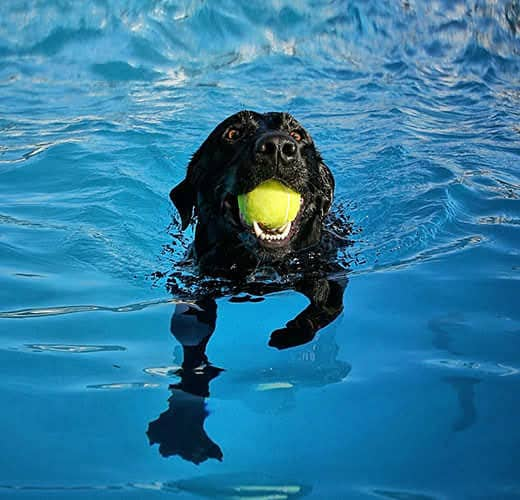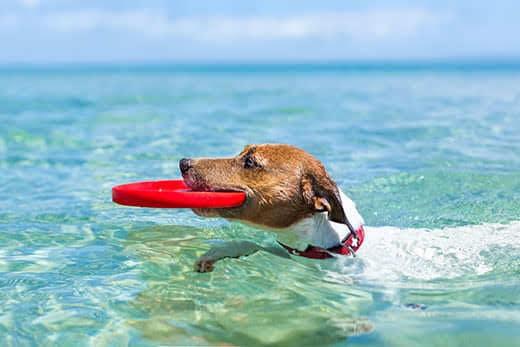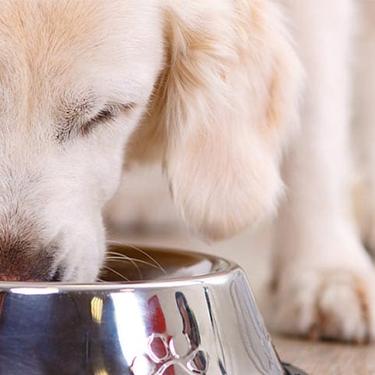
-
Find the right food for your pet
Take this quiz to see which food may be the best for your furry friend.
Find the right food for your pet
Take this quiz to see which food may be the best for your furry friend.
Featured products
 Adult 7+ Perfect Digestion Chicken, Whole Oats & Brown Rice Recipe Dog Food
Adult 7+ Perfect Digestion Chicken, Whole Oats & Brown Rice Recipe Dog FoodScience Diet's breakthrough nutrition supports ultimate digestive well-being & healthy microbiome for dogs age 7+
Shop Now Small & Mini Savory Stew with Chicken & Vegetables Dog Food
Small & Mini Savory Stew with Chicken & Vegetables Dog FoodA delicious complement to the nutrition of Science Diet Small & Mini 7+ dog food
Shop Now Adult Healthy Cuisine Roasted Chicken, Carrots & Spinach Stew Dog Food
Adult Healthy Cuisine Roasted Chicken, Carrots & Spinach Stew Dog FoodDelicious roasted chicken paired with tender vegetables in a succulent stew
Shop NowFeatured products
 Adult Savory Entrée Can Variety Pack Cat Food
Adult Savory Entrée Can Variety Pack Cat FoodPrecisely balanced nutrition with the delicious taste of savory minced chicken to help fuel the energy needs of cats during the prime of their life
Shop Now Adult 7+ Senior Vitality Chicken & Vegetable Stew Cat Food
Adult 7+ Senior Vitality Chicken & Vegetable Stew Cat FoodImproves Everyday Ability to Get Up & Go
Shop Now Adult 7+ Tender Tuna Dinner Cat Food
Adult 7+ Tender Tuna Dinner Cat FoodWith delicious chunks in a decadent gravy
Shop Now -
Dog
- Dog Tips & Articles
-
Health Category
- Weight
- Food & Environmental Sensitivities
- Urinary
- Digestive
- Joint
- Kidney
-
Life Stage
- Puppy Nutrition
- Adult Nutrition
- Senior Nutrition
Cat
- Cat Tips & Articles
-
Health Category
- Weight
- Skin & Food Sensitivities
- Urinary
- Digestive
- Kidney
-
Life Stage
- Kitten Nutrition
- Adult Nutrition
Featured articles
 Do Dogs and Cats have Belly Buttons?
Do Dogs and Cats have Belly Buttons?Learn whether cats & dogs have belly buttons like humans, what the function is, and if there are any health concerns associated with it.
Read More Does My Pet Hate Me?
Does My Pet Hate Me?Learn tips for bonding with your pet if you've ever thought, 'My dog doesn't like me, or 'Why do I have a standoffish cat?'
Read More Why Are Dogs and Cats So Cute?
Why Are Dogs and Cats So Cute?If waggy puppy dog tails and furry kitten yawns make you swoon, you're not alone. Why are cats so cute? And, dogs too! Let's find out!
Read More -


If you have a dog who loves water, good luck keeping them out of a swimming pool. But should you let them go for a swim? You might wonder how safe your pool is for your dog, especially if they like to sneak a drink on a hot day. Can dogs drink pool water, or will the chlorine harm them? Keep reading for the answers, as well as the lowdown on salt water pools and dogs.

Can Dogs Drink Pool Water?
It's inevitable that your dog will swallow some water while swimming and playing in the pool. If your pool is treated properly, the chlorine levels should be low enough that swallowing a little water here and there won't harm your pooch. The problems start when a dog decides that the pool is a giant drinking bowl.
If your pup starts lapping up chlorine pool water to quench their thirst, it can irritate their gastrointestinal tract and cause stomach discomfort and vomiting, as well as esophageal irritation and erosion, says The Spruce Pets. While this sounds bad, it's not as dangerous as what might happen if your dog were to swallow improperly treated water that's loaded with algae, bacteria, parasites and other illness-inducing microorganisms.
Be sure to keep plenty of fresh drinking water nearby for your pup, and redirect them if you notice them drinking from the pool. And if you chemically shock your pool, keep your dog away from it completely until all the chemical levels return to normal.
What About Salt Water Pools and Dogs?
While salt water pools contain lower levels of chlorine than fresh water pools, some chlorine is typically still present and can still upset your dog's gastrointestinal tract if consumed in large amounts. But what's more dangerous is the amount of sodium your dog might ingest. While salt water pools contain less sodium than ocean water, too much of it can still be bad for your dog (and potentially give them salt water poisoning). As with chlorinated pools, swallowing a little while swimming won't hurt your pup, but they shouldn't be allowed to drink it. Whether you're at the pool or the beach, you should keep fresh drinking water on hand for when your dog gets thirsty.

If your dog consumes just a few mouthfuls of salt water, it's likely that the worst they'll experience is diarrhea, says American Kennel Club. However, ingesting much more than that could lead to serious complications and salt water toxicity, which could prove fatal. Drinking too much salt water can seriously dehydrate your dog and cause electrolyte imbalances that can result in vomiting, seizures, brain damage and kidney damage. Besides vomiting, diarrhea and seizures, other visible signs of salt water poisoning may include:
- Muscle tremors
- Weakness
- Lethargy
- Confusion
- Odd behavior
- Unresponsiveness


Tasty Tips
What to Do if Your Dog Drinks Too Much Pool or Sea Water
Keep a close eye on your dog if you suspect that they've consumed an unhealthy amount of pool or sea water. Generally, it's a good idea to contact your veterinarian as soon as you notice your pet showing signs or behaving abnormally. If your pooch is vomiting or showing signs of GI upset after drinking salt water they should be evaluated by your veterinarian to assess for any other signs of illness. If the signs appear to be limited to GI upset, your veterinarian may recommend transitioning them to a gut-friendly, highly-digestible commercial dog food for a few days as part of their treatment plan.
It's fine to allow your dog to enjoy your pool or to splash around in the waves at the beach, but do everything you can to prevent them from drinking more than a few swallows of the water. And remember that it's always best to contact your vet any time your dog shows signs of illness or starts acting strangely.


Jean Marie Bauhaus is a pet parent, pet blogger, and novelist from Tulsa, Oklahoma, where she usually writes under the supervision of a lapful of fur babies.
Related products
Related articles

Learn how today's wet dog food blends have gotten a face lift, and how you'll provide your dog the nutrition he needs in the form he loves.

Learn the the dangers of feeding your dog chocolate, which types are most dangerous, and what to do if you discover that they have consumed chocolate.

Learn about choosing the right dog food to help ensure your adult dog will receive the correct balance of nutrition.

Proper nutrition for your pregnant or nursing dog is vital to her and her puppy's health. Learn what you should do provide her with the proper nutrients.

Put your dog on a diet without them knowing
Our low calorie formula helps you control your dog's weight. It's packed with high-quality protein for building lean muscles, and made with purposeful ingredients for a flavorful, nutritious meal. Clinically proven antioxidants, Vitamin C+E, help promote a healthy immune system.
Put your dog on a diet without them knowing
Our low calorie formula helps you control your dog's weight. It's packed with high-quality protein for building lean muscles, and made with purposeful ingredients for a flavorful, nutritious meal. Clinically proven antioxidants, Vitamin C+E, help promote a healthy immune system.

